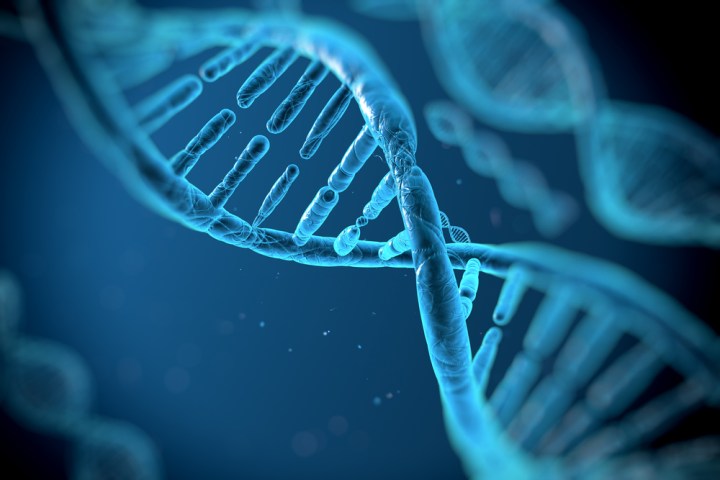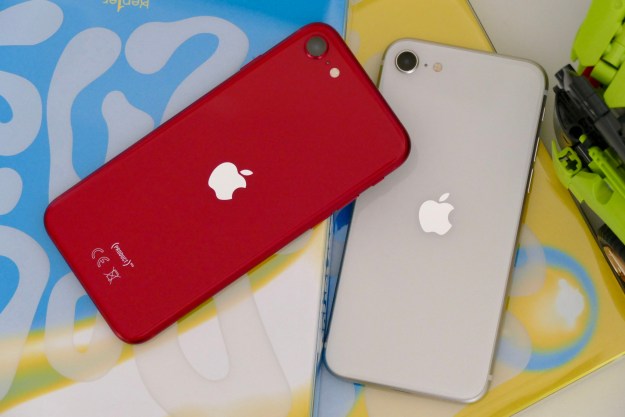
Stories: 1-5
Stay safe while traveling this weekend with these Memorial Day driving tips

Memorial Day weekend is typically one of the worst when it comes to traffic, and AAA expects 2016 to be particularly bad. It’s forecasting the busiest Memorial Day weekend since 2005. Largely because of low gas prices, 38 million Americans will travel 50 miles or more over the holiday weekend — and 33.9 million of those people will go by car. The odds of getting into a crash increase with the number of cars on the road, the group says. So, along with Michelin, it put together a list of Memorial Day driving safety tips.
Jury finds Google’s use of Java APIs in Android ‘fair use,’ dealing blow to Oracle

In 2010, Oracle filed a lawsuit against Google, seeking $2.6 billion in damages for using 37 unlicensed Java APIs in its Android mobile operating system. Google countered and said its use of Java APIs from Sun Microsystems is protected by “fair use.” Oracle had bought Sun Microsystems, and thereby acquired Java, seven months before it decided to file a suit against Google. Oracle tripled the amount it believed Google should pay to about $9 billion — but it looks like it won’t be seeing a penny. Following a trial, a jury finally reached a verdict, and sided with Google’s “fair use” claim.
Pianist turns well-known ring tones into classical masterpieces

Certain ring tones have become extremely famous over the years — especially the default ones that people just can’t be bothered to change. Take Apple’s Marimba, for example. Or the classic Nokia ring tone, which is perhaps outdated but still very well-known. But what happens if you merge these recognizable ring tones with classical music? That’s what musician Tony Ann set out to do, blending his stellar piano skills with the most recognizable ring tones in history.
China may send the first unhackable messages with quantum encryption

As institutions and governments around the world continue to push for greater hacking protections while also pursuing stronger surveillance powers, China is opting for a quantum encryption solution which could soon see it sending unhackable communications worldwide. To make this possible, it will launch the first quantum communications satellite in the world at some point in July.
Apple’s cooking up an answer to Amazon’s Echo and Google’s Home hub in the form of a new Apple TV

Amazon and Google may have beaten Apple to the punch with home hardware voice assistants that can answer questions about the weather, add appointments to your calendar, and control your smart home appliances, but the folks in Cupertino still have a few tricks up their sleeves. According to recent reports, Apple is working on a next-generation Apple TV that, much like the Echo and upcoming Google Home, can respond to voice queries with cloud-powered intelligence. It’ll reportedly rely on Siri.
Stories: 6-10
Scientists managed to “cut out” HIV virus from rats

Science has brought us yet another step closer to an HIV cure with a pair of molecular scissors. A group of researchers at the Lewis Katz School of Medicine at Temple University have managed to “cut out” HIV-1 genes from mice and rat genomes. “In a proof-of-concept study, we show that our gene editing technology can be effectively delivered to many organs of two small animal models and excise large fragments of viral DNA from the host cell genome,” said Professor Kamel Khalili.
Robots may be saying goodbye to a pain-free existence
The unfeeling nature of robots has long been touted as one of their great attributes. But now, a group of German researchers is embarking upon a new mission to gift robots with pain sensors — or their mechanical equivalents. While the implementation of an artificial nervous system may seem counterintuitive to the usefulness of an automaton, scientists say this distinctly human ability will help robots react quickly to dangerous situations, potentially warning their flesh and blood counterparts of impending risks.
Meet TWIRL, and the storm chasers who planted sensors in the heart of a twister

May 9 started out just like any other day for scientists and students participating in the Center for Severe Weather Research’s TWIRL project. The group’s fleet of mobile Doppler on Wheels (DOWs) observation vehicles had already made their way some 800 miles from their Colorado home base to south central Oklahoma, looking to intentionally place themselves in harm’s way. And on this day, boy did they ever.
Former McDonald’s CEO: $15 minimum wage will drive use of more automation

Former McDonald’s CEO Ed Rensi says that fast food franchisees are already replacing workers with automated robots, and the push for a $15-an-hour minimum wage will only speed that process. Rensi’s comments came during a Tuesday interview with Fox Business News, where he argued that the country is in a “lot of trouble” and credited what he saw as a sputtering economy as driving the rise of presumptive GOP presidential nominee Donald Trump.
Indoor air is five times as polluted as outdoor air, but Molekule can help

Indoor air pollution is bad — usually much worse than outdoor air. Current air filtering and purifying technology, however, hasn’t changed since the 1940s. Today’s filters trap and hold particles in place, where they can multiply and go back into indoor spaces. A smart room air purification technology from Molekule due on the market early next year breaks down pollutant particles into harmless elements using light-activated nanotechnology.


